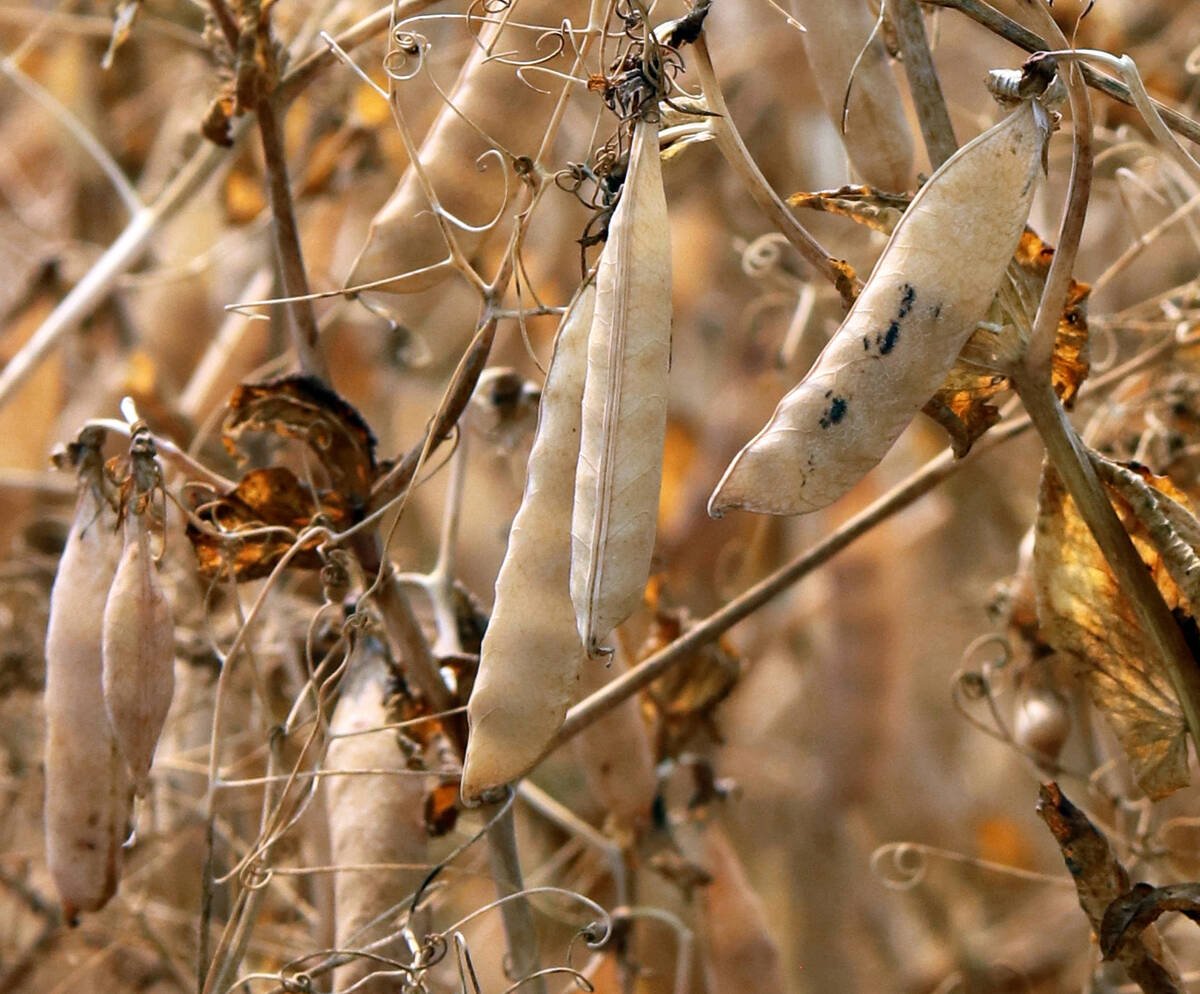More training needed for trades and financial management: farmer survey

WINNIPEG — Someone who manages a Canadian farm in 2025 needs different skills than someone who managed a farm in 2005.
The jack-of-all-trades farmer, who knew the fertilizer rates for every crop, the maintenance checklist for the combine and the best time to sell canola has been replaced by a farmer who knows how to manage people and run a business.
The industry has evolved, but universities and colleges may not be meeting the needs of the modern Canadian farm, a survey has found.
Read Also


India big buyer of pulses this year
India’s pulse imports have exploded in 2024-25. Rahul Chauhan, analyst with IGrain India, is forecasting they may reach 6.71 million tonnes this year, a 52 per cent increase over last year.
“If you’re running a large farm, you’re running a business,” said Kent Fraser, vice-president of Stratus Ag Research.
“You don’t necessarily have to be the expert in doing. You have people to look after fixing the combine or adjusting the GPS system or making a choice on which hybrid to grow…. You have to be the expert in managing.”
Stratus Ag Research surveyed 417 Canadian producers, with farm incomes of $1 million or higher in February and March.
The survey was done for Hebert Group, which operates a 40,000 acre grain farm near Moosomin, Sask., along with management training and education programming for producers.
Farmers were asked about the importance of certain educational options, and the financial side of farming was the top priority:
• 56.6 per cent said more finance/accounting training would be very helpful
• 48.7 per cent said more commodity marketing/hedging would be very helpful
“There is a clear need for more professional education in areas of finance, accounting and hedging. Most farmers don’t study this in school, which is why we’ve developed the Farm Foundations course,” said Evan Shout, co-founder of Farmer Coach, a management program within the Hebert Group.
The survey asked farmers a similar question: which category needs more learning options?
The top result was agricultural trades, with 25.4 per cent of farmers saying it is lacking.
That makes sense, since large farms with five, 10 or 15 employees are now commonplace in Western Canada. Using data from the 2021 Census of Agriculture, the Western Producer calculated that 2,637 large farms (with 5,000 or more acres) manage more than 24 million acres in Saskatchewan.
Those large farms need workers with specific skills and knowledges, but so do producers in other parts of Canada.
“Those with 10 plus employees put the most importance on the trades,” says the Stratus Ag Research report, summarizing the results of the survey.
“Education options for ag trades (mechanics, electrician, operators) are the most needed overall, especially in Ontario, B.C., Atlantic (Canada).”
Producers clearly want some changes to education and more training options, but shifting tax dollars toward agricultural education isn’t a priority.
Asked where federal and provincial governments should focus their agricultural budgets, the top result was financial support for farmers.
About 35 per cent ranked government programs for farm income insurance and subsidies as the No. 1 priority.
Expanding international trade was No. 2, at 23.7 per cent.
Only 8.6 per cent of farmers said government spending on education in agriculture was their top priority.
Contact robert.arnason@producer.com
Source: producer.com


